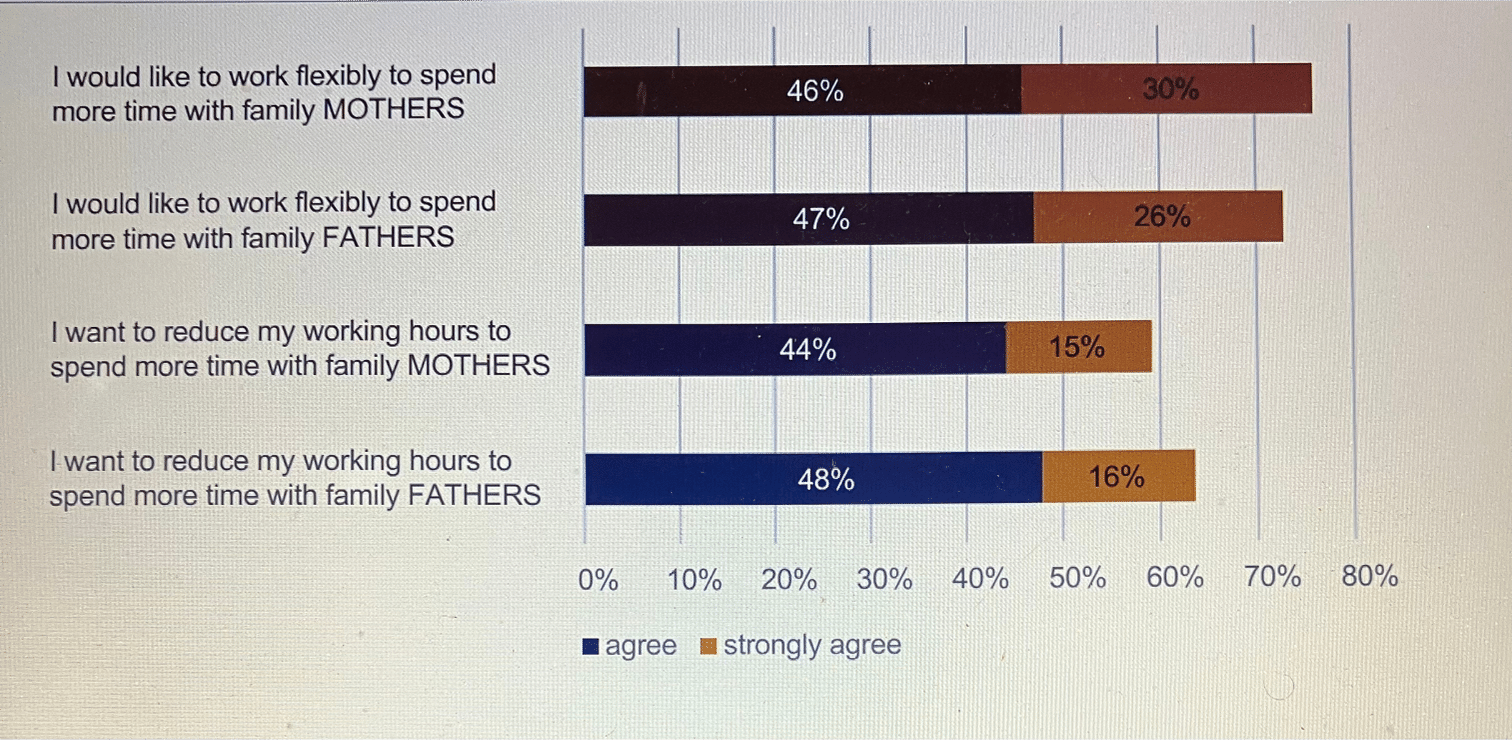You are working from home. And believe the advantages of working from home is not the best option? While we still face the aftereffects of the March 2020 outbreak of Coronavirus in the form of COVID-19 somewhere in 2023. And some of us think the disadvantages of doing the jobs by going to office not worth it. In this post, we juggle through the pros and cons of doing your work without stepping out of the house. Before we go into details, let ask ourselves the following important questions:
- Is there a reason employer is reducing the amount of time their employees spend on commercial properties? Although employers claim that allowing employees to work from home is to reduce contagious diseases like covid-19 and others, the main motivation may be to save money.
- Considering things realistically, as an employee of a company, what are the advantages of working from home that your employer might not be happy to hear about? Taking breaks whenever you want is something that you don’t want your employer to know. This creates inefficiency, leaving you scrambling to meet deadlines.
- After graduating and starting a job, should you consider working from home? A recent graduate may find it easier to manage their personal life and career by working from home. Working at home can, however, negatively impact their mental health.
- If remote work means fewer microaggressions against you. Is it an ultimate answer for opportunities for diversity and inclusion? There are still many challenges to be overcome. Ensuring that remote workers have the same opportunities as those who work in the office is important. The right policies can also make remote work a viable option.
Read the full details below. It covers the benefits to challenges of how you can adjust to working from home.
Flexibility and Wellbeing of working from home

Although remote working has many challenges, there is one major benefit: flexibility. The ability to work from home gives us more control over our daily schedule as well as better time management and wellbeing. Remote working can lead to a better work-life balance as we can start our days earlier or later according to our schedules. When working remotely, we can fit in our personal tasks into our day. For people with children or who have other family responsibilities, working from home allows them to take regular breaks throughout the day to take care of their mental and physical well-being.
What is the disadvantage of flexibility working from home? Working from home is flexible, but it can lead to overwork if you don’t prioritize your wellbeing. As remote workers do not have to commute to work, they may start their day earlier and stay online later.
Do we have any way of coping and juggling this advantage without affecting our wellbeing? Setting boundaries and sticking to a regular schedule can help us avoid burnout. Scheduling time off and taking regular breaks throughout the day can help us maintain productivity. We can also benefit from establishing a dedicated workspace at home, such as setting up a desk or finding a quiet corner. Despite the flexibility the remote work offers. As a freelancer or remote employee, time management, and prioritizing your wellbeing are as important as working productively for your clients.
The office drama is lessening, and sick days are decreasing
There are some jobs that will not work well from home, and you don’t have to be a genius to realize that. Even though working from home suits many types of digital marketing, such as SEO, programmers, and many others, it is more suitable for certain personalities than others. The advantages of a job that does not require face-to-face communication between management and staff includes fewer backstabbing that happens at work. What is another good advantage and disadvantage of working from home?
This will not only impede your work, but it will also hinder the efficiency of your job.
- Those companies with a physical location guarantee good internet speeds to every employee.
- In contrast, if you work remotely from home, you are more likely to experience poor broadband speeds.
Why do more companies encourage their employees to work from home to improve productivity? In a survey by OnePoll, two out of three Americans said they spent less time off sick when they worked at home. During the recent flu pandemic, 70% said they worked while ill. A study found that remote workers were less likely to take sick days than office workers, due to the lack of stress in the office environment, as well as the freedom to take breaks when necessary.
Workers who work from home are more satisfied with their jobs since they can schedule their own time and work when it is convenient for them. Employee productivity is more likely to increase in companies that offer remote working, since employees are more comfortable and productive when they are at home. While companies can benefit from improved performance and fewer sick days, employees can benefit from greater job satisfaction and the flexibility to work when and how they want.